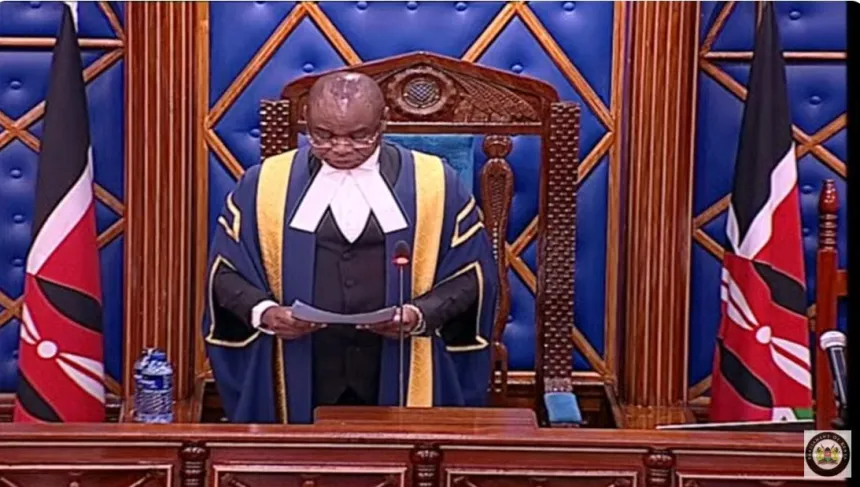Busia residents have thrown their support behind proposals to elevate the Senate to the status of an “Upper House” under the Constitution of Kenya (Amendment) Bill, 2025. The Bill seeks to expand the Senate’s legislative and oversight powers, giving it a greater role in vetting State officers and participating in the national budget-making process.
The public participation forum, held in Busia County on Monday, marked the first session by the Senate’s Justice and Legal Affairs Committee (JLAC). It drew strong backing from locals who praised the proposed changes as necessary for strengthening democracy and accountability.
Residents such as Godfrey Odongo from Nambale and Edgar Ouma from Samia said the Senate should vet State officers jointly with the National Assembly. They argued this would prevent the concentration of power in one chamber and reduce corruption.
University student Caxson Obatsa echoed the sentiment, noting that allowing both Houses to handle money bills would foster transparency. Emmanuel Apalat added that Senate participation in vetting would minimize manipulation in the appointment of State officers.
The Bill, co-sponsored by Senate Majority Leader Aaron Cheruiyot and Minority Leader Stewart Madzayo, was first read on August 7, 2025, and is scheduled for a second reading on November 6, 2025.
If passed, it will grant the Senate powers to approve the national budget, originate any legislation except revenue-raising bills, and jointly submit Bills for presidential assent. The changes would redefine Kenya’s bicameral system, drawing parallels to the U.S. Senate.
While the Law Society of Kenya (LSK) has endorsed the reforms for promoting fiscal balance and devolution, the County Assemblies Forum (CAF) has warned that expanding Senate oversight could overlap with county assembly functions.
Despite differing views, the strong public support in Busia signals growing momentum for the Senate’s bid to secure full “Upper House” recognition within Kenya’s governance structure.

